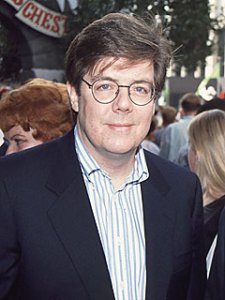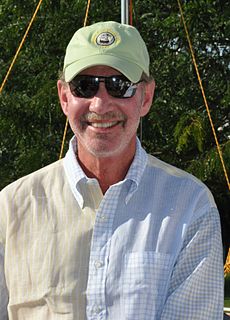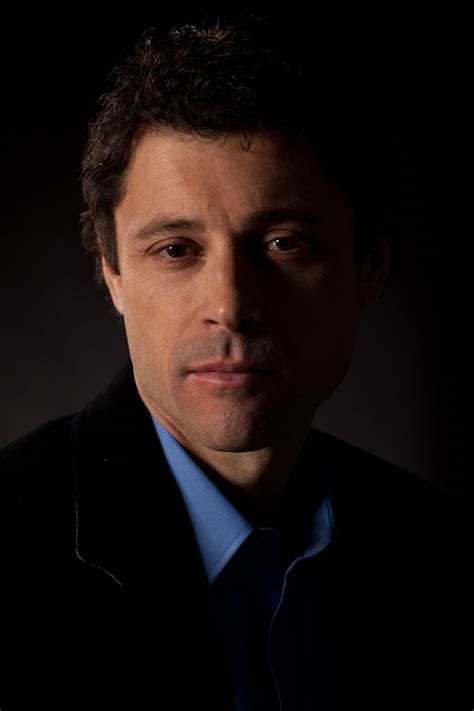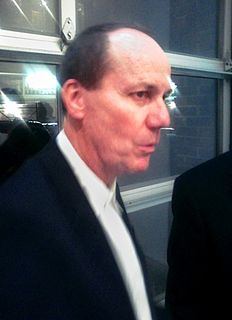A Quote by Douglas Adams
Science fiction that's just about people wandering around in space ships shooting each other with ray guns is very dull. I like it when it enables you to do fairly radical reinterpretations of human experience, just to show all the different interpretations that can be put on apparently fairly simple and commonplace events. That I find fun.
Quote Topics
About
Apparently
Around
Commonplace
Different
Different Interpretations
Dull
Each
Enables
Events
Experience
Fairly
Fiction
Find
Fun
Guns
Human
Human Experience
Interpretations
Just
Like
Other
People
Put
Radical
Ray
Science
Science Fiction
Ships
Shooting
Show
Simple
Space
Very
Wandering
Wandering Around
Related Quotes
I want people to look at themselves. I want people to go into a space for meditation. It's funny to use a word like meditation as the music is fairly brutal but there is a hypnotic element to it and the way that I try and create that for someone just happens to be through a fairly heavy form of music. You are constantly barraged and beaten down with a lot of bullshit and I find that heavy and extreme music helps me to go into a very tranquil place and I hope, more than anything, that the music does create a space for people to go inward with.
In theory, cars are fairly simple. If they don't start, it's either the fuel system or the electrical system. Teach yourself about the path of each in your engine and tracing it is fairly straightforward. But at the beginning, mastering each new system seems like an unreachable shore. The car is effectively a black box.
Science talks about very simple things, and asks hard questions about them. As soon as things become too complex, science can't deal with them... But it's a complicated matter: Science studies what's at the edge of understanding, and what's at the edge of understanding is usually fairly simple. And it rarely reaches human affairs. Human affairs are way too complicated.
When you put yourself out there as an expert and the people you are trying to attract are people who want to do the very show you are doing, guys standing around, sitting around arguing with each other over sports, if you make a mistake that lights up like a flare in the middle of the night. You've just got to correct that or else they're going to say, 'Well, why do these dopes have that show? I can go out there and be just as good as them.'
All these things, social media or [smart] phones or the things that distract us from each other, are fairly new. They're all fairly new inventions, and I think we're in a stage where we sort of as a whole have gotten these new toys and we're just obsessed with playing with them. I feel like after a period of adjustment it will inevitably be a regression from where we are now.
In a way, being a Mormon prepares you to deal with science fiction, because we live simultaneously in two very different cultures. The result is that we all know what it's like to be strangers in a strange land. It's not just a coincidence that there are so many effective Mormon science fiction writers. We don't regard being an alien as an alien experience. But it also means that we're not surprised when people don't understand what we're saying or what we think.
There's the ambiguity of human relationships, for instance. A relationship between two people, just like a sequence of words, is ambiguous if it is open to different interpretations. And if two people do have differing views about their relationship - I don't just mean about its state, I mean about its very nature - then that difference can affect the entire course of their lives.
The history of science, like the history of all human ideas, is a history of irresponsible dreams, of obstinacy, and of error. But science is one of the very few human activities-perhaps the only one-in which errors are systematically criticized and fairly often, in time, corrected. This is why we can say that, in science, we often learn from our mistakes, and why we can speak clearly and sensibly about making progress there. In most other fields of human endeavour there is change, but rarely progress ... And in most fields we do not even know how to evaluate change.
It's interesting how people who were once fairly radical can become, later in life, kind of conservative and not just in terms of politics - how if you're an artist, you can start out being somewhat avant-garde and then end up doing landscapes. Sometimes the opposite can happen, but it's usually the other way around.
Sci-fi uses the images that sf - starting with H.G. Wells - made familiar: space travel, aliens, galactic wars and federations, time machines, et cetera, taking them literally, not caring if they are possible or even plausible. It has no interest in or relation to real science or technology. It's fantasy in space suits. Spectacle. Wizards with lasers. Kids with ray guns. I've written both, but I have to say I respect science fiction enough that I wince when people call it sci-fi.






































